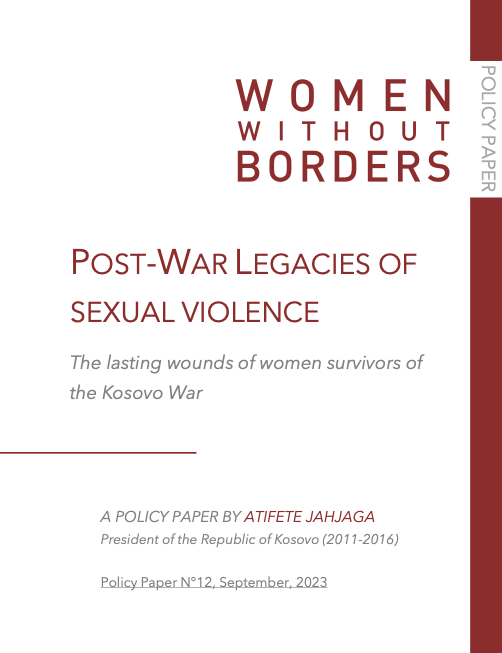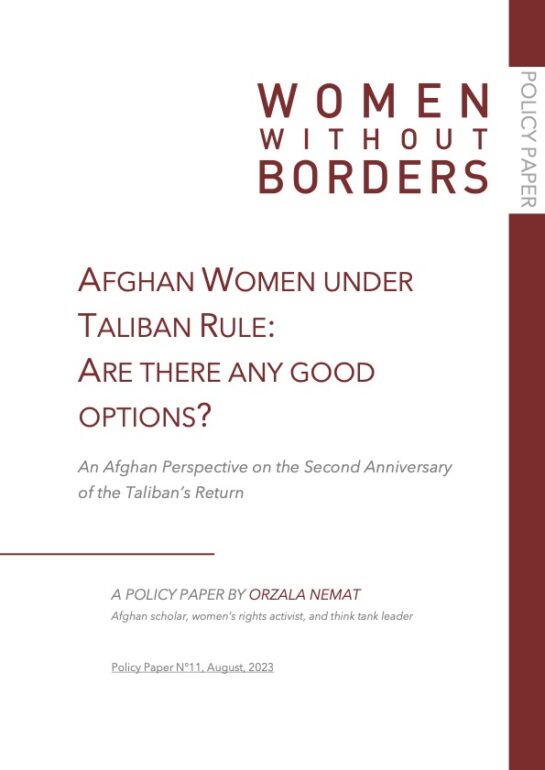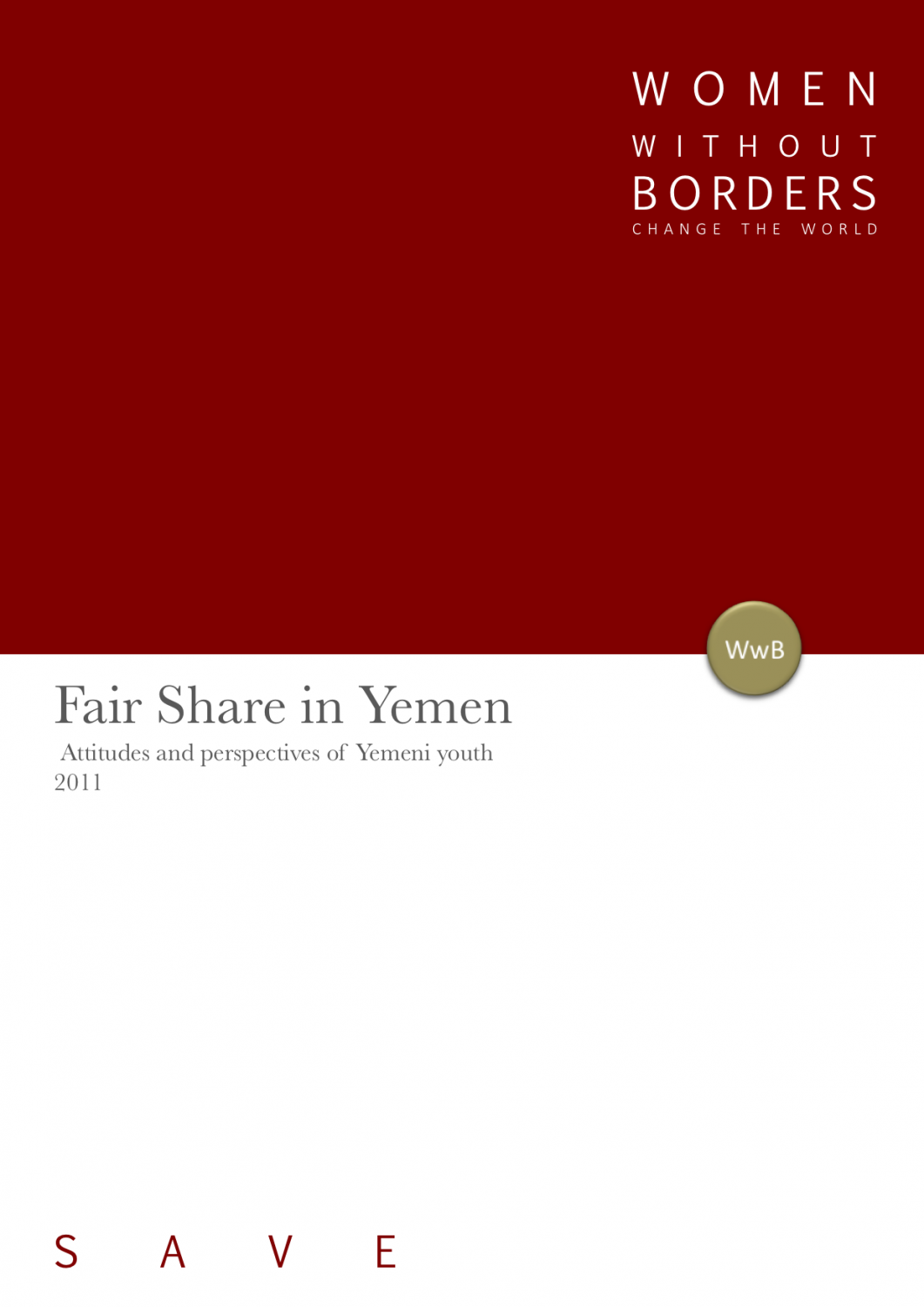In Policy Paper N°12, President Atifete Jahjaga, Kosovo’s first woman President (2011-2016), delves into the decades of trauma that has and continues to tear through Kosovar society as a result of the mass rape and sexual violence that occurred during the 1998-1999 Kosovo War. She calls for renewed international accountability of the perpetrators and for justice and support for the survivors, emphasising the fact that many of the 20,000 rape survivors face stigma, isolation, and deep-seated trauma. In her policy paper, President Jahjaga puts forth a series of policy recommendations within a human rights framework that should be considered to further the country’s healing process.
Upon my election as President of the Republic of Kosovo in 2011, I became Southeast Europe’s first woman to hold the highest public office. Having previously served in Kosovo’s police force—which I joined with no prior political background at its inception in 1999—I reflected on the most important topics at the time. My focus rested on the previously neglected institutional demands of a post-conflict society. When a group of survivors of sexual violence visited my office and shared their stories, I was horrified; by their trauma and the fact that their stories were hidden and untold while their wounds remained untreated. My responsibility to institutionalise their treatment and bring their voices to the international stage dawned on me in that moment.
The use of rape as a weapon of war was first recognised as a crime against humanity through the Rome Statute, and subsequently through the UN Security Council Resolution 1820 in 2008. Wartime rape—as old as warfare itself—inflicts pain and suffering on innocent civilians and is among the cruellest forms of dehumanising ‘the enemy’. Classifying wartime rape as a crime against humanity took far too long in the light of how it has been used for millennia. Despite eventually being enshrined in international law, it continues to be alarmingly common in contemporary warfare.
Read the full policy paper here.




